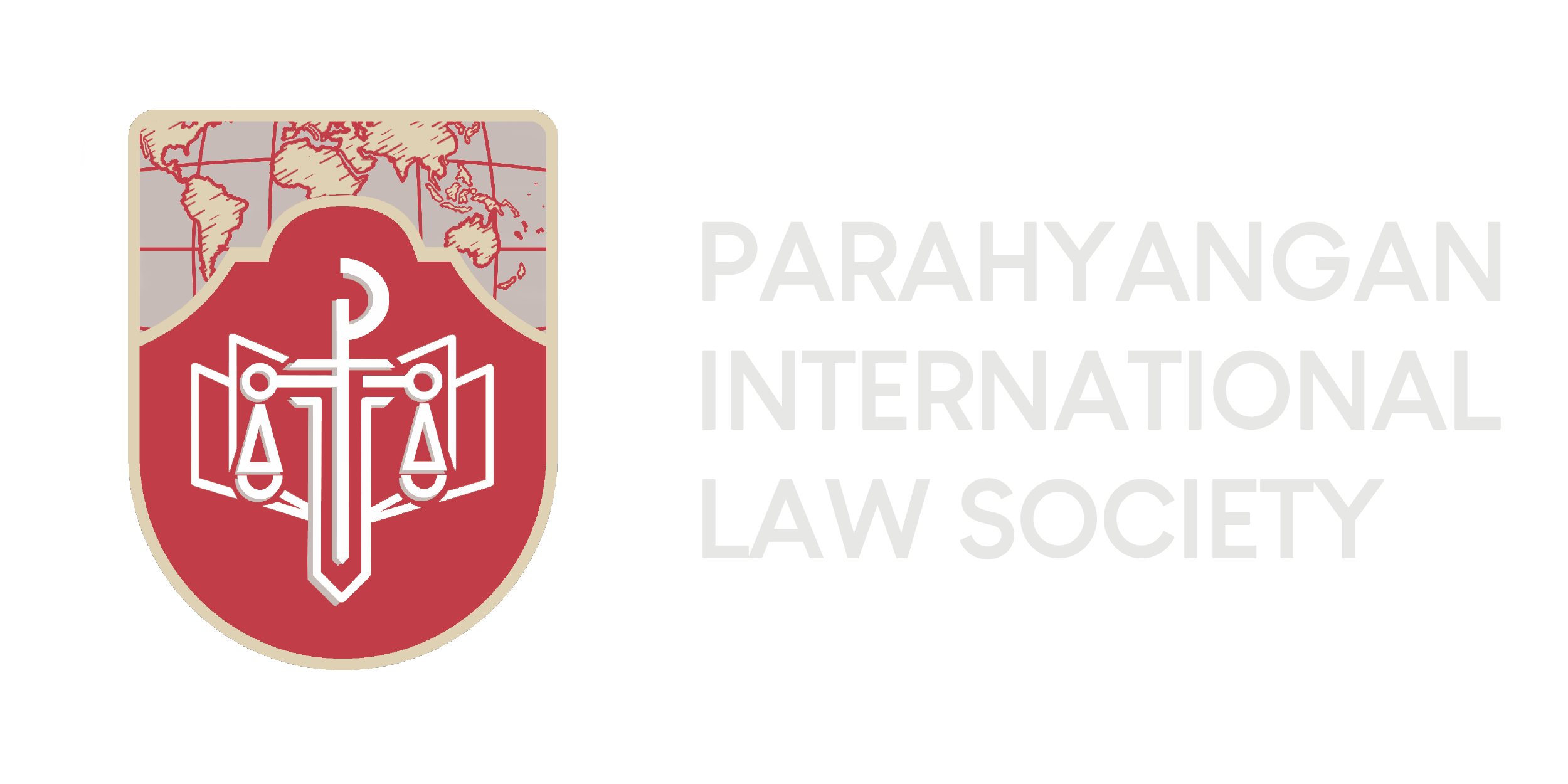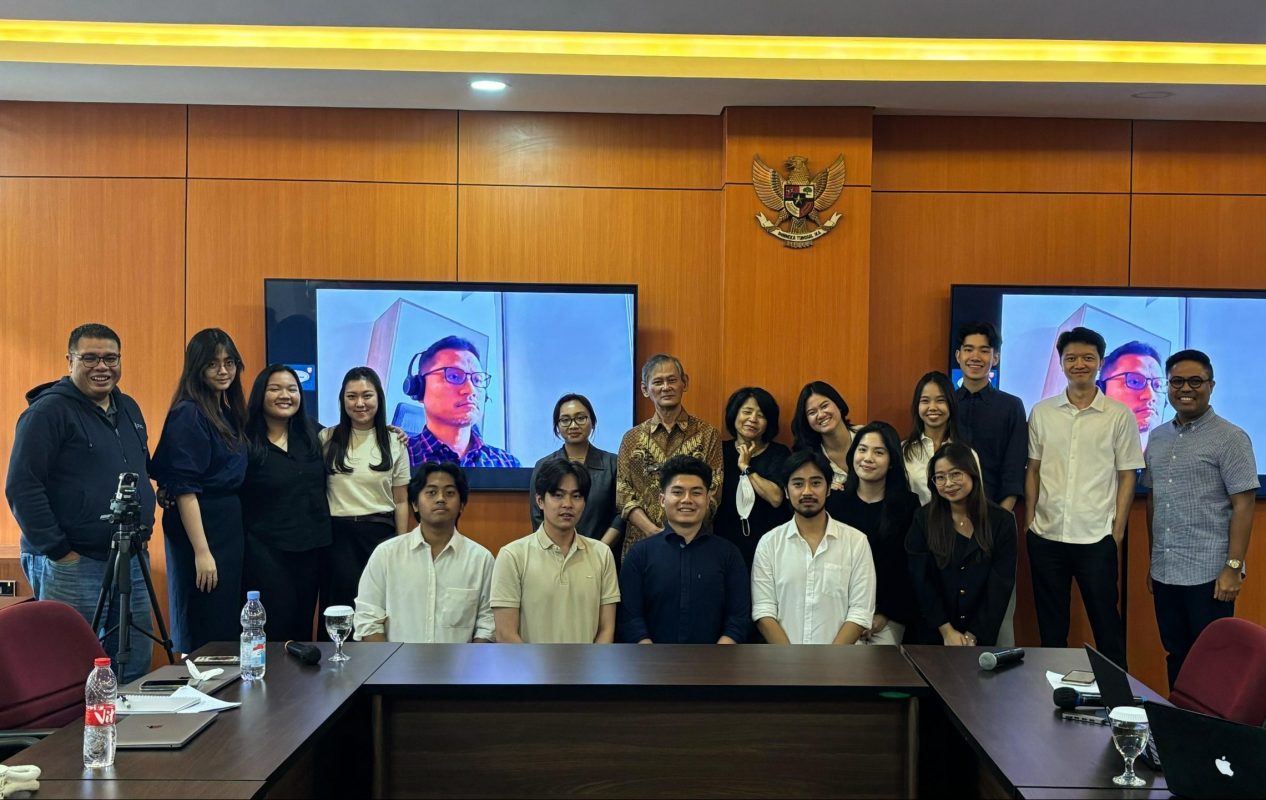The act of enforced disappearance represents one of the gravest human rights violations recognised under international law. On 21 December 2010, through Resolution 65/209, the United Nations (“UN”) General Assembly expressed deep concern over the increasing number of enforced disappearances worldwide. This violation is defined as any act of arrest, detention, or abduction that is followed by refusal to acknowledge the person’s fate or a concealment of their whereabouts. For this reason, the UN established the International Day of the Victims of Enforced Disappearance, commemorated annually on August 30th, as an official occasion to confront and raise global awareness of this human rights violation. The very institutions charged with safeguarding citizens become the perpetrator of their persecution. It is in response to this profound injustice that the international day was created. This day serves not as a celebration, but as a moment of remembrance and solidarity, honouring those who have been forcibly taken from their families, often by state authorities or with state approval, and whose fate remains deliberately concealed.
Author Archives: Christinelli Eddy
By compelling or coercing a person to provide labor or services, or to even engage in commercial sex acts, human trafficking is thereby viewed as a violation of human rights. Every year, countless children, men, and women worldwide fall victim to the crime of human trafficking. Vulnerable individuals – particularly children, migrants, and those living in poverty – are often prey to traffickers as these groups typically lack sufficient legal protection and access to support systems, hence making them easier to exploit. Forced labour, sex slavery and organ trafficking. On that score, traffickers would isolate and limit their victims’ freedom in order to maintain control over them and to prevent their escape. Furthermore, victims are often stripped of their identification, thus cutting off all traces of the victim, which eventually makes it difficult to identify the victims of human trafficking. Human trafficking is not merely a domestic matter, as it has long been recognised as an issue to the international community, with its genesis marked by the creation of the 1904 International Agreement for the Suppression of the White Slave Traffic, a convention addressing slavery and human trafficking, while shedding light into the illegal trade of white people. Individuals from selected regions are targeted and transported by traffickers across multiple jurisdictions. Due to its nature as a cross-border or transnational crime, human trafficking thereby necessitates coordinated international responses. In this vein, addressing the crime of human trafficking requires robust cooperation between states, harmonised legal standards, effective information-sharing mechanisms and consistent legal enforcement. In order to create shared obligations for the prevention, protection and punishment of human trafficking, transnational legal instruments, such as the Palermo Protocol, are vital. Nevertheless, it would be easier said than done, as effectively putting these ideas into practice remains a significant challenge for numerous states across the world.
The International Criminal Court (“ICC”) is a beacon of justice in a world that is becoming increasingly plagued by international conflicts. The ICC as an independent international organization is established under the Rome Statute, exercising the mandate to prosecute and hold accountable perpetrators of the most serious crimes to the international community, even amid the escalation of armed conflicts and humanitarian crises worldwide. On the other hand, the complexity of its own laws makes it harder for it to hold people accountable. Resultantly, the international community continues to grapple complex legal challenges, including those arising from significant constraints rooted in the ICC’s legal foundation. Notably, Article 87, 89, and 98 of the Rome Statute make it very hard for the ICC to arrest suspects and bring them to trial. This raises concerns about the Court’s capacity to deliver justice and prevent impunity.
To address international crimes, the ICC is authorised to issue arrest warrants for individuals suspected of committing crimes listed in Article 5 of the Rome Statute. These warrants are the primary instrument through which the Court exercises its judicial authority. Once a warrant is issued, they initiate further steps such as investigations and prosecutions, with general principles of criminal law applied throughout the trial process. A key example of the ICC’s use of arrest warrants occurred in March 2023, when it issued for Vladimirovich Putin and Maria Alekseyevna Lvova-Belova, over war crimes related to the illegal deportation of Ukrainian children. Similarly, In November 2024 Israeli Prime Minister Benjamin Netanyahu and former Defense Minister Yoav Gallant faced allegations of war crimes and crimes against humanity for employing starvation as a method of warfare by restricting humanitarian aid to Gaza. These cases highlight the ICC’s efforts to transform legal authority into tangible accountability. Therefore, this article examines how Article 87, 89, and 98 of the Rome Statute create enforcement challenges that hinder the Court’s ability to fulfill its mandate and the urgent need for reform to strengthen the ICC’s ability to carry out its mandate.
The legality and ethical implications of cross-border surrogacy continues to be an issue of debate across different states and international forums. Surrogacy is a mechanism in which it establishes a contractual agreement between intended parents and a surrogate, where the surrogate carries the child on behalf of the intended parents. Legal complications often arise when the intended parents and surrogate originate from different jurisdictions, especially concerning the child’s nationality and the intended parent(s) legal parental status. This complexity is further intensified by the fact that personal law, which governs family matters based on nationality or domicile, exhibits considerable variation between jurisdictions. While some states recognise and enforce cross-border surrogacy practices, others prohibit or restrict such arrangements altogether, thereby creating a fragmented legal landscape. This article will examine the current jurisdictional challenges in cross-border surrogacy and propose specific legal mechanisms for implementing such a harmonised regulatory approach.
The primary aim of the PILS Symposium 2024 is to facilitate knowledge sharing and collaboration within a specific legal field. It allows participants to present new research findings, discuss and address challenges relevant to each field. Presenting at a symposium helps improve public speaking and presentation abilities, boosting confidence in sharing ideas with an audience. On December 20th, 2024, we were honoured to hold our very own Symposium as a tribute to the 70th birthday of Dr. Bayu Seto Hardjowahono, S.H., LL.M. PILS Members had the chance to present their articles that cover a few subjects. The first article titled “Choice of Court Agreement and the Principle of Actor Sequitur Forum Rei: a Conflict in International Civil Procedure” was presented by Ian Suseno and Audelynn Wong. The second article titled “Safeguarding Child Performers from Parental Economical Exploitation: A Comparative Legal Analysis of Indonesia and The USA” was presented by Shelika Novianda. The third and last article titled “Revisiting the Two-Way Interpretation of Fundamental Breach: an Analysis on the CISG” was presented by Beatrix Bunga, Rachael Karina and Carla Olympia.
There is no day more well-suited to highlight the important role of the maritime industry than World Maritime Day on the 26th of September. The first celebration was in 1978 to commemorate the 20th anniversary of the International Maritime Organization (IMO) Convention’s entry into force in 1958. This day marks the maritime industry’s contribution to the global trade economy. Today, its celebration has grown to become a key platform for discussions regarding maritime issues. This year alone, the IMO has designated the theme of “Navigating the future: safety first!”, following its tradition of themes revolving around maritime safety. Such is a fitting theme to emphasise the IMO’s commitment in enhancing safety and security in maritime operations. Furthermore, this theme underscores the importance of protecting the marine environment by developing regulations that can anticipate future advancements in technology and innovation. The goal is to balance safety, technological innovation, and environmental concerns while maintaining the efficiency of international maritime trade.
Equality in wages has been a long-standing goal in accordance with the fulfilment of social and economic human rights enshrined under Article 7(a)(i) of the International Covenant on Economic Social and Cultural Rights (ICESCR). In achieving this goal and raising awareness of existing inequality in wages, the United Nations marked the 18th of September as the International Equal Pay Day. The day also stands as a symbol of commitment from the United Nations in upholding human rights and fighting against gender pay inequality and all forms of discrimination against women and children. Various strategies have been implemented by states in regulating the issue of ‘wage gap’, with one of the strategies constituting the enforcement of positive discrimination policies that treat a specific group favourably based on certain criteria. This article examines the practice of positive discrimination and highlights how its utilisation is beneficial in achieving universal gender pay equality.
The International Day of Biological Diversity was initially held on December 29th, 1993, in Rio de Janeiro, Brazil. Ever since then, Biodiversity Day is annually commemorated on May 22nd. This date was subsequently chosen since it coincided with the adoption of the final Convention on Biological Diversity (CBD). One of the main purposes of commemorating this day is to increase awareness and to educate the public on the importance of biodiversity—the variety of life on Earth—as it plays a crucial role in the sustainability of ecosystems. Many are unaware of the direct threats facing biodiversity. On that account, a day that is designated to commemorate the realms of biodiversity equally serves to educate the public and lawmakers on the importance of safeguarding it.
Genocide is the deliberate killing of a number of people with the aim of destroying their entire nation or group. Acts of genocide are laid out in Article 2 of the 1948 Convention on the Prevention and Punishment of the Crime of Genocide (Genocide Convention) which includes killing, causing bodily or mental harm, inflicting conditions on a group’s physical destruction, preventing births within a group, and forceful transfer of children to another group. It is, as we know, the worst kind of crime against humanity there is. It is a duty owed to every State to prevent and avoid the act of genocide, known as an erga omnes obligation. However, such a tragic and one of the worst genocide committed in the European continent happened in 1995, that is the Massacre in Srebrenica, Bosnia. The occurrence transpired due to the invasive maneuvers of Serbian forces to eradicate Bosnian Muslims. Until now, the visible and emotional aftermath of the battlefield remains evident upon the loss of tens of thousands of Bosnian Muslims. During that time, the international community was urged to address this matter within an international tribunal – striving for a positive resolution and bestowing justice among its victims.









